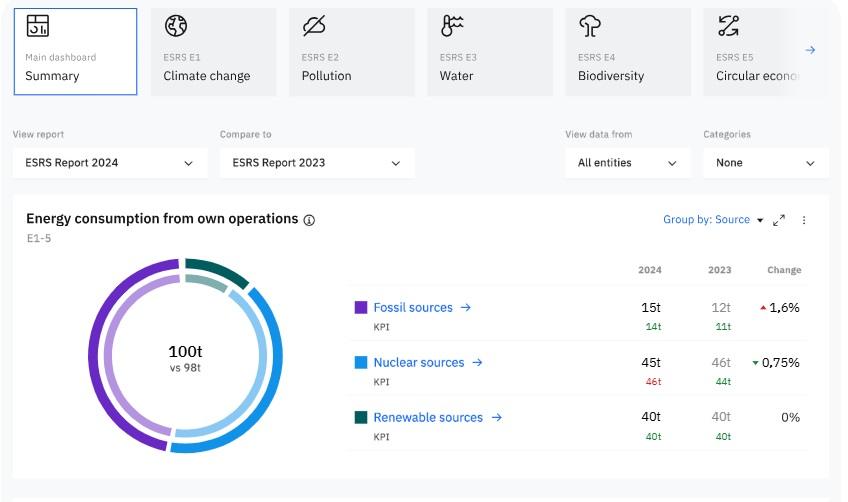McKinsey Launches Platform to Help Clients Scale Critical Industrial Decarbonization Technologies
Global management consulting firm McKinsey & Company announced the launch of the McKinsey Platform for Climate Technologies (MPCT), a new platform focused on helping clients plan, execute, and scale the implementation of critical technologies to transform carbon intensive products, services, and systems.
Led by McKinsey Senior Partners Mark Patel, Bernd Heid, and Martin Linder, MPCT will form part of McKinsey Sustainability, an initiative launched by the firm last year, aimed at helping clients across industries transform to get to net zero by 2050 and to cut carbon emissions by half by 2030. McKinsey Sustainability’s key focus areas include helping clients to drive a ‘brown to green’ transition, build new green businesses and innovations, retire and repurpose high carbon intensity assets, and to scale nature-based solutions.
Heid said:
“Climate technology is the single most important contributor to the decarbonization transition. Leaders must embrace and scale it now to drive sustainable growth for their organizations—and a sustainable future for the planet.”
MPCT will focus on ten key industrial decarbonization technologies. These include hydrogen, batteries and energy storage, sustainable fuels, carbon capture, use, and storage, carbon removals, natural capital and nature, green construction, renewables, circular technologies, and alternative proteins and sustainable agriculture.
Linder said:
“This is a clear opportunity to create sustainable growth. Across industries, we see significant near-term value-at-stake residing in sustainability technologies that are ready for commercial scaling, along with a long tail of emerging climate technologies that will reach commercial maturity within the next decade.”
In order to help clients implement and scale these emerging decarbonization technologies, McKinsey will help decisions makers to understand issues including capital investment requirements, scaling economics, prices, regulations, and environmental impact, as well as how these factors are likely to change over time.
Patel said:
“The net-zero equation is not yet solved, but we are optimistic that it can be with bold action and smart innovation. Climate technologies are a necessary part of the solution, and leaders must respond to the urgency of this moment by adopting and scaling them at an unprecedented pace. Through MPCT, we can help them accelerate value creation, realize their most ambitious business objectives and emerge as net-zero champions both within and beyond their respective industries.”





